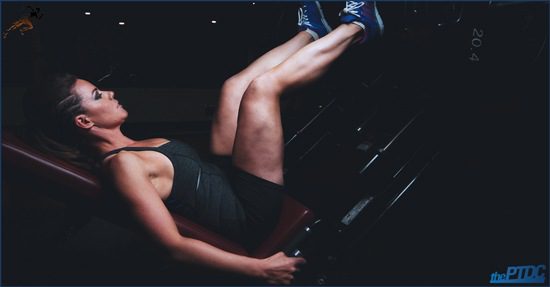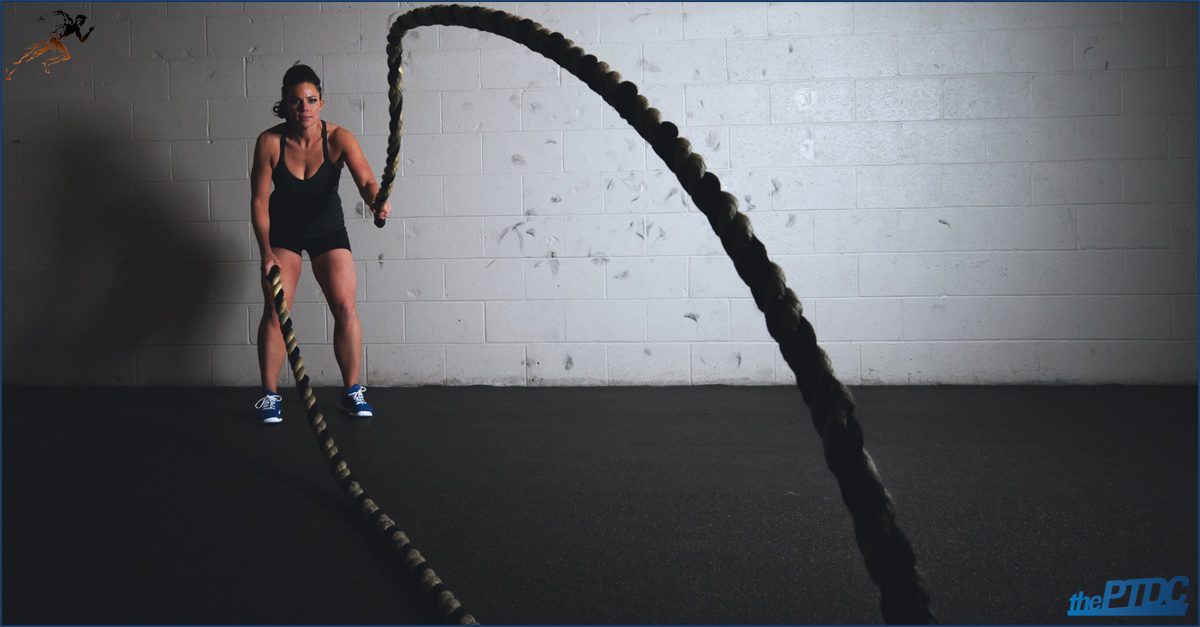I have the worst time giving myself a professional title. I know what I do, but I struggle with how to label it.
While my peers in school were on their way to Physical Therapy schools or Athletic Training degrees, my goal was always to be a sports trainer who "trains professional athletes." That was less of a job title, and more of a job activity.
In all honesty, I really didn't know if that was what I wanted to do, let alone how to achieve it. However, that answer seemed to satisfy my professors, parents, mentors, and other people who asked what I was going to do with my life.
Fast forward a few years and I guess I've achieved that goal. My first exposure to "professional athlete training" was during a life-changing internship opportunity. My first professional job gave me partial control over pro athlete programming and coaching. And now, after starting Perform24, I've successfully (biased opinion) finished my first off-season professional athlete training program. Score!
Well, sorta.

As you can assume, "professional athlete training," sounds impressive. It's a nice ego boost, a nice social status claim. However, if you know anything about a pro athlete's lifestyle, you know that they train anywhere from 4-10 weeks out of the year depending on the demands of their team and sport. So if I told you that I work for about 12 weeks a year, that social status diminishes quickly.
Furthermore, in all reality, non-professional athletes make up the majority of my business. And while I love my athletes, I equally love my local guys. Many of my local clients have become trusted friends and mentors, and I wouldn't give up time with them for anything.
From a fitness marketing perspective, telling new people that I'm a personal sports trainer for professional athletes may give me clout, but it also eliminates 99% of potential business. Ego aside, that's a problem.
On the flip side, however, I strongly believe that my skills required to train pro athletes are a critical piece of who I am, how I train, and influential in my continued journey in this industry.
So I've decided to embrace both roles. Here are three reasons why my roots as a "Professional Sports Trainer" make me an elite "Personal Trainer," and how my training methods are similar for both populations.
3 Reasons Why Being a Professional Sports Trainer Makes me an Elite Personal Trainer
1. Movement is my first priority.
Pro athletes depend on their physical bodies more than any other population in the world. If an athlete can't move cleanly, he or she will not be successful. In a harshly competitive world, lack of success could result in a quick fall from their sport.
This seems like an obvious statement, but I use the concept of clean movements as the backbone of all my group and individual programs. Regardless if they're an athlete or not.
Most adults will have some kind of impingement that creates pain in their daily or weekly lives. These impingements are most likely created from imbalances in muscle groups, which create poor posture. My experience with professional athletes has taught me the common imbalances and how to fix them.
If a local adult can live a pain-free day or week, this allows them to use their consciousness to focus on other important aspects of their life such as family or work. Pain is a distraction, and clean movements are a great start to eliminating most discomfort.
2. I know how to create a balanced program, and how to track it real-time.
This may be the biggest problem I've seen with most "personal trainers" I've met. This creates a bad stereotype that I'd like to avoid, which is why I've always avoided using that professional title.
If clean movements are my first priority - my destination - then a balanced program is the map to reach it. I almost think of my program as a blueprint.

Consider this analogy. If you were to build a house, you'd start by laying a foundation. You would next add a structure, add plumbing and electricity, and slowly progress until details like trim work and interior paint were added.
Building a body is the same way. We must start with a foundation - a base - and then progress into the finer details of the body. Each addition is dependent on the previous step.
Training professional athletes who compete in a wide range of sports has taught me to streamline my programming and choose a blueprint that many individuals can find success with. My programming concepts are essential to my sessions.
Even for non-athletes, I have specific programs that are pre-tested and pre-selected. At any time during the program, sometimes even multiple times during a single session, I can double check progress with the program and make necessary adjustments. I take an incredible amount of notes during sessions, and I refer to them on a regular basis.
3. I can produce movement results in an extremely short amount of time.
As I stated earlier, professional athletes have a small window of off-season training during the year. We don't have the luxury of time on our side, and the pressure is on me to produce results that will immediately improve their sport performance.
It's not uncommon for me to improve the way a new individual moves in one, two, or three sessions. This is a huge win for both the individual and me. Improved movement commonly equals decreased discomfort, which equals increased quality of overall life. Athlete or non-athlete, this is a highly desirable result.
Note! Notice, I didn't claim that I could produce body composition changes in a short amount of time. While I have coached some individuals to seriously impressive transformations, I do not consider myself to be an expert in that area. Movement is my specialty, and body composition changes typically require additional work outside the sessions in the gym.
Yes, I'm a sports trainer for professional athletes.
No, I am not limited to that population. And quite frankly, I have no intention to choose one-or-the-other. I find both personal and professional benefit from training multiple populations, and I am proud to be involved with all the people I train with.
I challenge you to reconsider any stereotype boxes that you may be currently placed in. I believe that many of us are capable of expanding our roles or titles, whether in our personal or professional lives.










